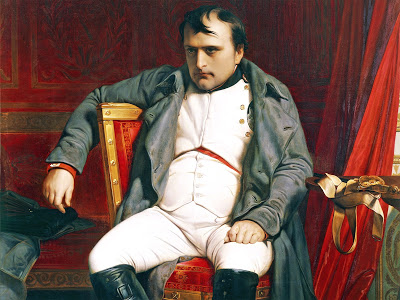

| Online: | |
| Visits: | |
| Stories: |

| Story Views | |
| Now: | |
| Last Hour: | |
| Last 24 Hours: | |
| Total: | |
Europiles
Thursday, March 30, 2017 3:23
% of readers think this story is Fact. Add your two cents.
And so it begins. How was it that once a firm “In” for so long I became a firm “Out”? By a freak of chance I was in Paris, although a teenage traveller, in 1951 when the first meeting was on. Then in Germany in 1955 when its sovereignty was regained. I will skip the 1939-1945 years.
By the end of the 1950's I had studied modern European History and the detail of all those treaties etc., crises and conflicts. Inevitably, I had come round to the view that trade, political and diplomatic close liaisons were needed on a permanent basis. This meant a joint office in an acceptable place, like Brussels.
By the 1970's and into the 1980's I was playing a very minor part in all this. Attending a few conferences and joint meetings here and there. Writing a report or two, being asked to go somewhere as part of an EEC group. It was all very worthy and building a new and better future and all that.
It was not a sudden revelation or hearing a sermon or being taken quietly aside to be told that the bank I patronised had failed. It was the way things began to go in the 1980's and no, it was not Mrs. Thatcher. In my view she was behind the game and being misled by those of the Euro faction around her.
What was happening in the two major parties was that the centrist elements largely in control became closely attached to Brussels, for many part of their network; all those jobs and money, and most of the opposition to it was from the party extremes, people you would not invite to the bistro. During this time few saw or understood the nature and purpose of the growth of the Brussels bureaucracy.
On the left were those attached to the Soviet Union. When it collapsed there began a switch to Brussels with the long term hope of creating a successor centralised socialist state for a Greater Europe. On the right there were too many links to major corporations which began to have a far closer relationship with the bureaucracy there, to their mutual profit.
Then came the Maastricht Treaty and an EU of a different order and intent; it was not the kind of Europe I wanted. In the last quarter of a century it has become another world. I did not want Western Europe to resume involvement in The Balkans; Western Europe to be pushing to the East, Brussels regionalising its domains and breaking up the UK.
Then came the Euro. Long interested in financial crashes and their effect on economies, I was aware that history has some spectacular big ones. The ones we do not understand or even see are the slow burn ones. The reason is that they do not seem alike. But they do share some critical features.
From the day of its inception the Euro was a slow burn crash that was overtaken by a bigger spectacular one. It is still there and is still going on.
Which is why the sooner we are out the better.
See you in the bistro.
Source: http://thecynicaltendency.blogspot.com/2017/03/europiles.html



